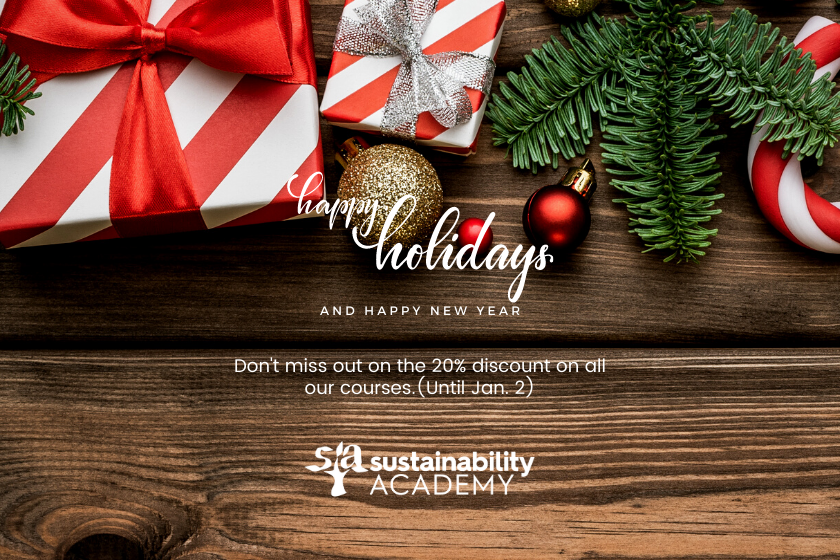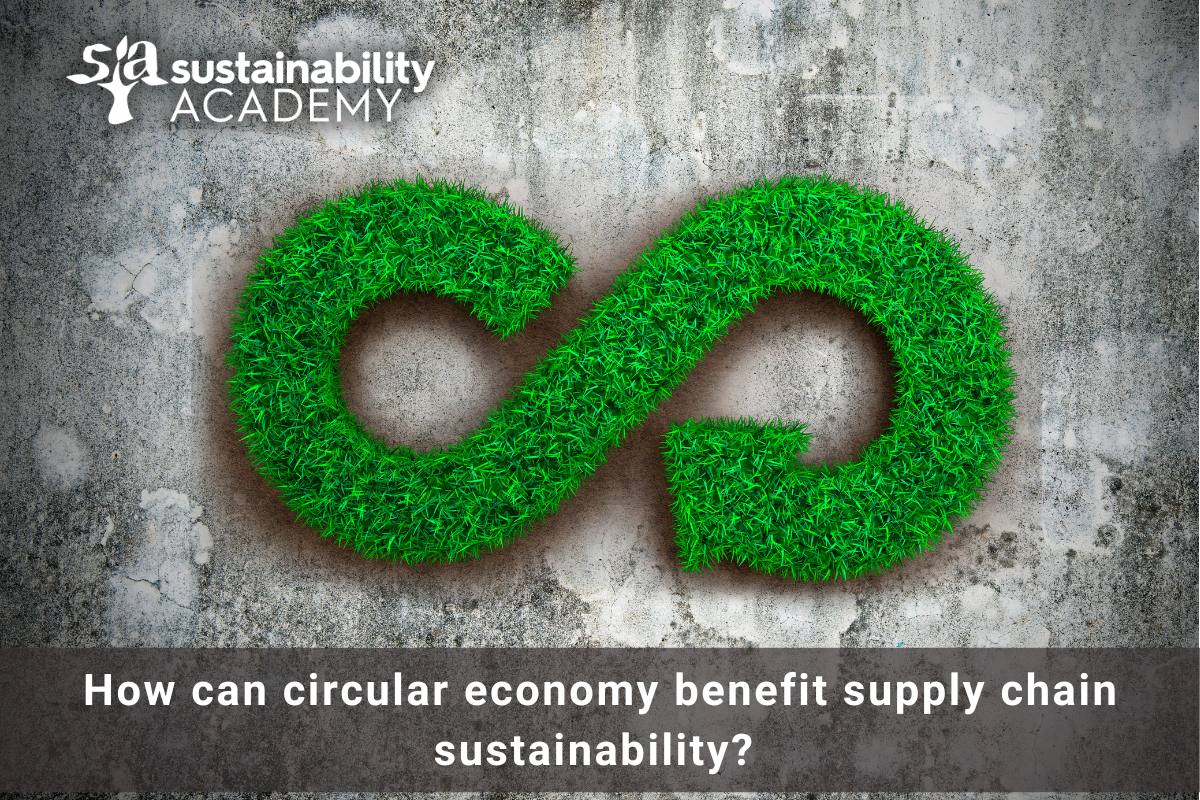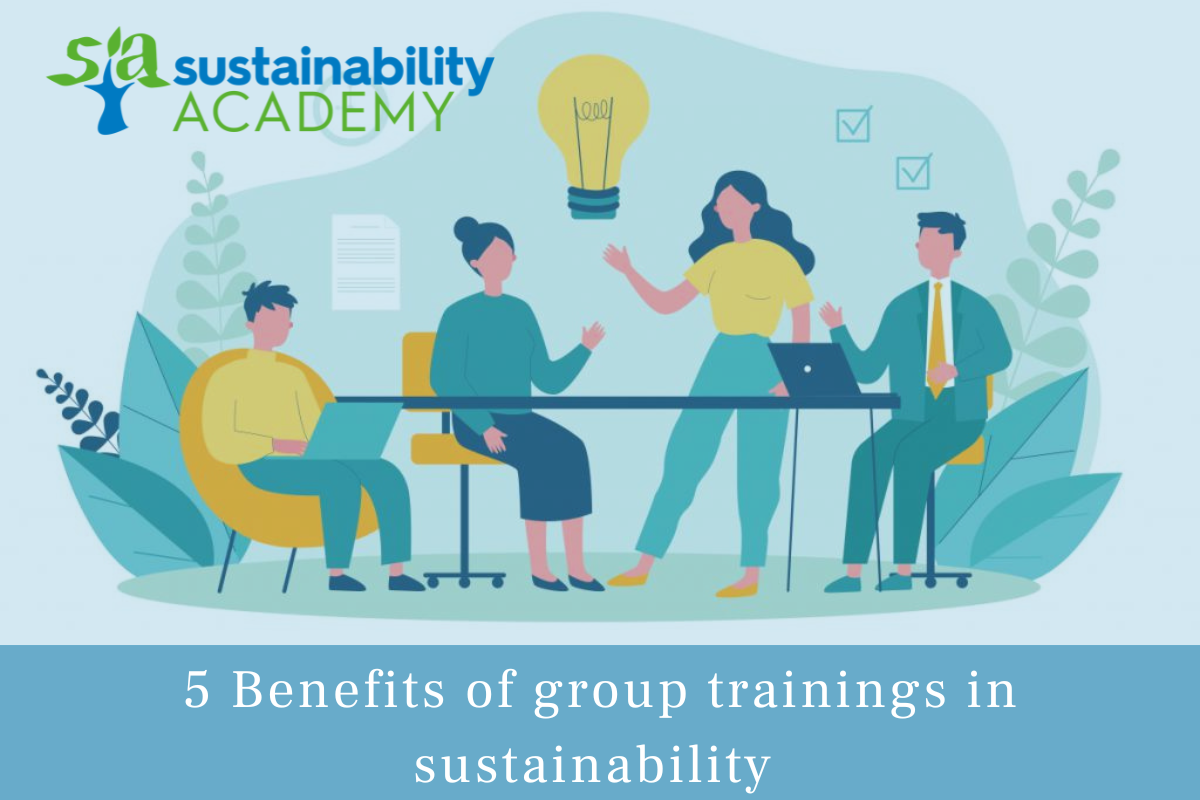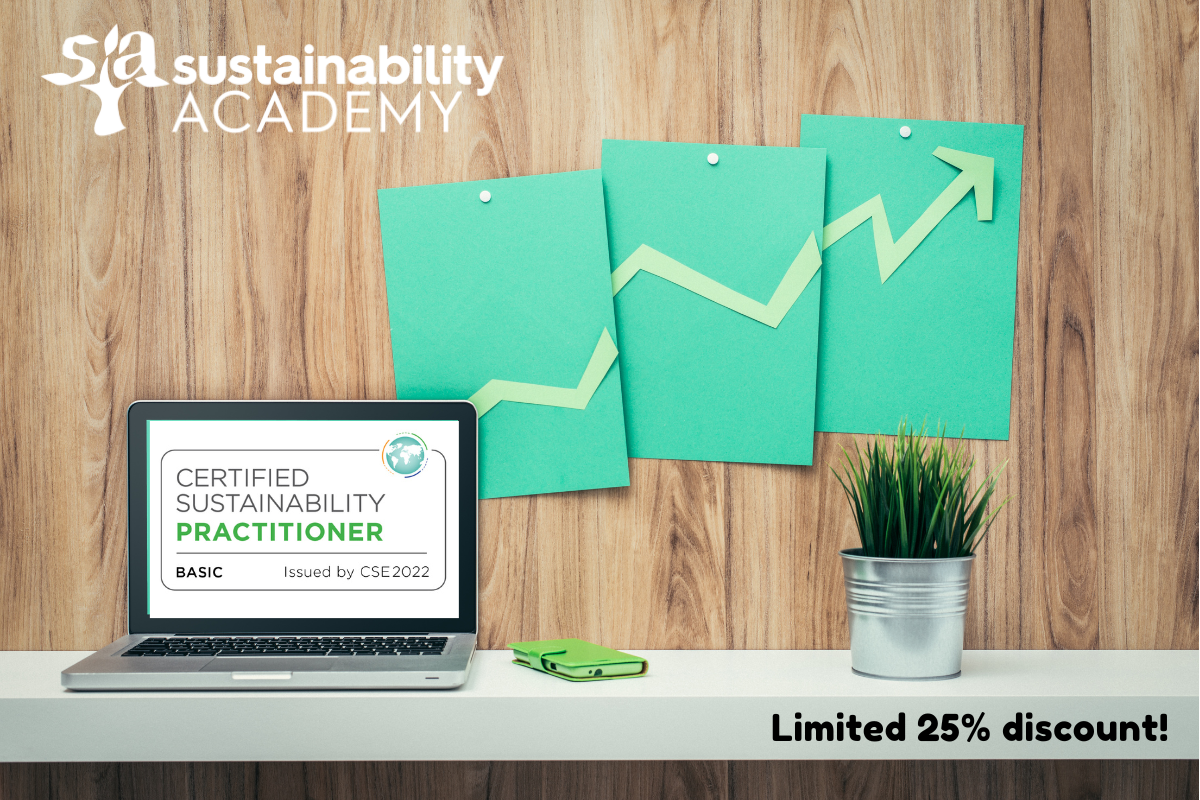The visible effects of climate change made the topic of sustainability hard to avoid in 2022. The need for systemic change and radical rethinking of how organizations work has become a mainstream topic this year. More and more businesses have been stepping up to meet the requirements and their climate commitments.
Here are five reflections on sustainability of 2022:
Net Zero
There was a lot of talk about net-zero emissions and company’s targets. Both small companies and dominant corporations have been trying to achieve the milestone by 2050, adopting a truly net-zero climate strategy. According to the latest Reuters Insight, 62% of those surveyed stated that they had net-zero targets, however, over a third of them said their targets were not science aligned.
ESG Investing
ESG has been the most common area of discussion in the field of sustainability and it has turned into an enabler for businesses to continue their activities. ESG investing is projected to increase at a rapid pace and according to a Bloomberg analysis, ESG assets may hit $53 trillion by 2025.
Transparency
Transparency is now required by law when publishing environmental impacts. Accountability and credibility can define a company’s future. Starting no later than 2024, all countries that have ratified the Paris Agreement need to follow a single, universal transparency process. This is the Enhanced Transparency Framework (ETF). As stated at the COP26 in November, “Overzealous reporting does not help against climate change”.
Reporting
Sustainability reporting frameworks have become more sophisticated and comprehensive. The ISSB or TCFD have become the most advantageous, because there are on track closely with the latest legislations.
Renewable Energy
Fossil-fuel derived businesses are under pressure to change their energy supply into a more sustainable form. Moreover, the cost of renewable technologies has fallen significantly. New policies are implemented rapidly and artificial intelligence (AI) is having transformative effects across energy and utilities.
The Sustainability Academy aims to help Sustainability and Corporate Responsibility professionals, entrepreneurs and graduates update their knowledge, keep up to date with current legislation, global trends and best cases.
Many thanks to all our friends, colleagues, practitioners, to those of you who read our newsletters, follow our social media and refer us throughout your networks. Therefore, we perform at our best because of your insights, endorsements and support! We will remain true to our goal to certify 50,000 professionals by the end of 2025.
To express our gratitude, the Sustainability Academy offers a 20% discount to all certified courses until January 2. Use the promo code NY20.
For more information: [email protected]










